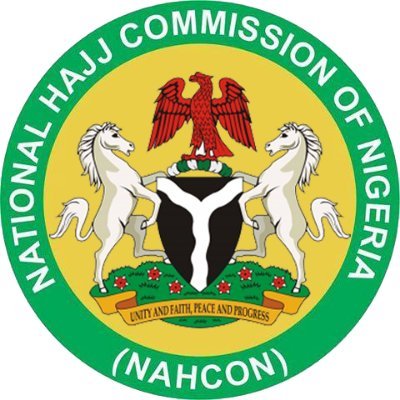In a renewed drive towards enhancing the quality of Hajj operations in Nigeria, the Chairman and Chief Executive Officer of the National Hajj Commission of Nigeria (NAHCON), Professor Abdullahi Saleh Usman, has affirmed the Commission’s dedication to transparency, fairness, and collaborative governance. He made this known while addressing stakeholders in the Hajj ecosystem, emphasizing that the success of the pilgrimage operations depends largely on collective responsibility and strict adherence to standards.
Professor Usman noted that while NAHCON remains open to working hand-in-hand with all relevant actors — including state pilgrims welfare boards, licensed tour operators, service providers, and international partners — there must be unwavering commitment to compliance with the Commission’s policies and the regulations set by the Kingdom of Saudi Arabia.
“The Commission is committed to collaboration, fairness, and transparency. But at the same time, we expect total compliance from all stakeholders as we work together to improve service delivery and meet global best practices,” he stated.
The NAHCON boss further explained that the evolving nature of Hajj administration globally, especially with Saudi Arabia’s increasing reliance on digital technology, demands that all Nigerian stakeholders align with these changes to avoid being left behind. He pointed out that the Commission is working tirelessly to improve the operational framework, enhance pilgrims’ welfare, and streamline logistics before, during, and after the pilgrimage.
According to Professor Usman, NAHCON has introduced several reforms to ensure better coordination, including early registration for intending pilgrims, timely remittance of Hajj fares, robust data management systems, and capacity-building programmes for Hajj officials and tour operators. These steps, he said, are aimed at ensuring that Nigerian pilgrims receive dignified and seamless services comparable to global standards.
He added that the Commission’s approach is now more proactive than reactive, with a focus on strengthening institutional capacity and ensuring that Nigeria’s Hajj operations remain credible and respected in the international arena. While NAHCON continues to advocate for fairness in service delivery and accountability from all parties involved, Professor Usman made it clear that those who fail to adhere to the rules may be sanctioned in line with existing operational guidelines.
In recent years, the Kingdom of Saudi Arabia has introduced reforms in Hajj administration, including the use of the e-Hajj portal and fixed processing deadlines, which have forced countries to adopt more efficient planning and execution models. NAHCON, under the current leadership, is keen on not just meeting but exceeding these expectations to safeguard Nigeria’s slot allocation and reputation.
As preparations for subsequent Hajj exercises commence, NAHCON has called on all stakeholders to show greater seriousness, respect deadlines, and embrace professionalism in the discharge of their duties.
The Commission believes that through genuine collaboration and strict compliance with established protocols, Nigeria can deliver a world-class Hajj experience to its pilgrims.
